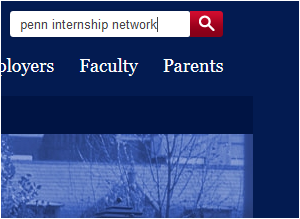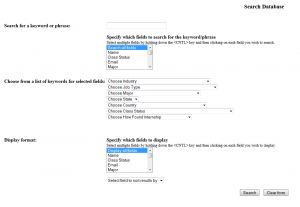By Anne Reedstrom
Some of the most frequent questions we receive from pre-med students are about the numbers. You know the ones I mean – “What GPA do I need to get into Penn Med?” “What MCAT score do I have to get in order to have a chance of being admitted to schools in the top ten?” “Is my (insert GPA or MCAT score here) enough to get an interview at (insert school name)?”
All of the questions above are, for the most part, unanswerable, because there are no magic numbers for medical school admission and admission committees consider your entire application, not just your GPA & MCAT, when they make a decision. But there are statistics which might be helpful to you as you evaluate your readiness to apply to medical school or make a list of schools to which you will apply, and we are happy to provide those to you!
You can find some basics on our new Medical School Admissions Statistics page on our website, such as the percentage of Penn applicants admitted within a certain BCPM GPA range or the percentage of applicants who have taken time off. For even more detailed information, you can peruse the binders of statistics that we have in our office and discover the average GPA and MCAT of Penn applicants admitted to specific medical schools, the schools which have admitted international students, and how many applicants waited more than three years after graduation to apply to medical school, among other scintillating items! Luckily, this information will also soon be available on line as well.
Here are a few tidbits to whet your appetite:
- The University of Michigan admitted 9 Penn applicants for the Fall of 2014, none of whom were Michigan residents.
- UC-San Diego, UC-Davis, and UC-Irvine admitted 1, 3, and 4 Penn applicants, respectively, all of whom were California residents.
- 147 Penn applicants for the Fall of 2014 were women, and 115 were men.
- In Fall 2014, 10 students matriculated at Mount Sinai School of Medicine, 7 at Einstein and 7 at NYU.
- More Penn applicants (180) applied to Perelman (Penn Med) than to any other single medical school. (I know, what a shocker!) The school with the next highest number of applicants is Jefferson with 148, followed closely by NYU with 143. We even had 24 students apply to the newest medical school at Quinnipiac University.
Use your knowledge of the numbers wisely, remembering that what we give you are averages, not absolutes, and always, always discuss any concerns you have with a Pre-Health Advisor before having a complete meltdown!



